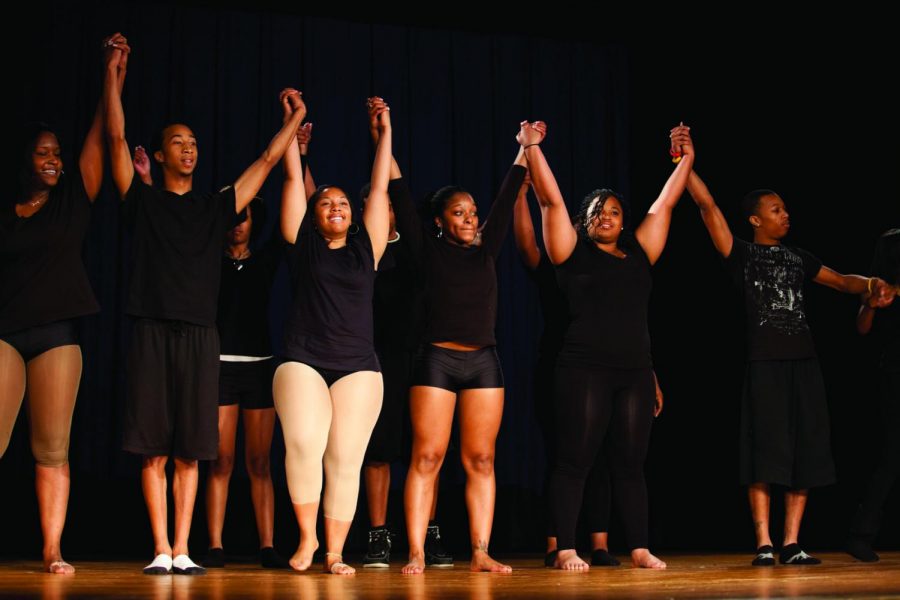UNA continues to break racial barriers
February 24, 2011
For UNA alumnus Wendell Gunn, the first African-American student to attend the university in 1963, the transition into college wasn’t a simple process.
The Tuscumbia native, who went on to work as an international trade adviser to former-President Ronald Reagan and is the founder and president of Gunn Solutions in Connecticut, had to obtain a federal court order before he could become a student at then-Florence State College.
Gunn, like other black students during the Civil Rights Movement, hoped to attain a college education, where he could focus on his love of chemistry and mathematics.
Despite controversy regarding desegregation across the South and throughout Alabama, Gunn fought for his right to a college education after receiving a rejection letter from then-UNA President E.B. Norton, who said the college didn’t have the authority to admit a black student to UNA, which was specifically organized only for white people.
Gunn filed suit against the university, won and was admitted as a student in the fall of 1963. Though he received threatening phone calls in the weeks leading up to his first day of college, he said being UNA’s first black student was easier than he imagined it would be.
“It would be an understatement to say that the experience was interesting,” Gunn said. “I didn’t experience any negative issues at the university. Not everyone said hello to me, but nobody tried to drive me away or call me names either. For most of my first year, students didn’t speak to me. I went to my classes, and they were normal. The teachers treated me like they treated everyone else.”
In 1964, more black students began enrolling at UNA following Gunn’s arrival at the university. The Civil Rights Act of 1964 was also passed that year, which banned discrimination against African-Americans and women.
UNA student Bishop Alexander, who was the first African-American to join the previously all-white fraternity Kappa Sigma in 2005, said he was raised to be accepting of all races and ethnicities.
“My mom always taught me to never let race be an issue and to become friends with people of all races so that it would never be a stumbling block,” he said. “The world is changing. Anything you do, you’ll see a person of a different race. We have to find a way to come together to solve problems.”
In January, student Brandi Lewis was crowned as the first African-American Miss UNA. Lewis, a senior from Homewood, hopes to soon make appearances in African-American organizations to show others of her own race that they can achieve whatever they set their minds to.
After her family moved to a predominately white suburban neighborhood in 2003, Lewis experienced the effects of racism first hand as her white neighbors stared and made few attempts to talk with them. Lewis said her family’s neighbors have grown more accepting over the years.
“I hope and pray it gets so much better,” she said. “Having the first African-American president shows a great deal about how the United States as a whole sees race. To be an African-American today shows how much we’ve fought and struggled to get from that place to now.”
African-American student Shelia Caudle, president of the National Pan-Hellenic Council at UNA, believes the U.S. and South will continue to grow more diverse and understanding of people of different races in the future.
“I love the South and grew up in the South and never had any true altercations with anyone,” she said. “My best friends growing up were of all different races. There will always be people across the world who are not going to be accepting of different races, but as a whole, I think we’ve moved forward.”











